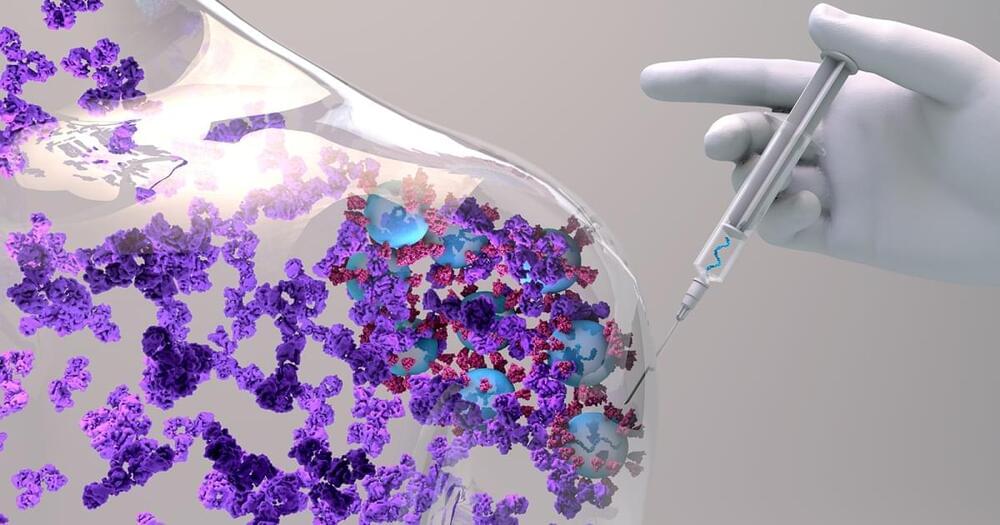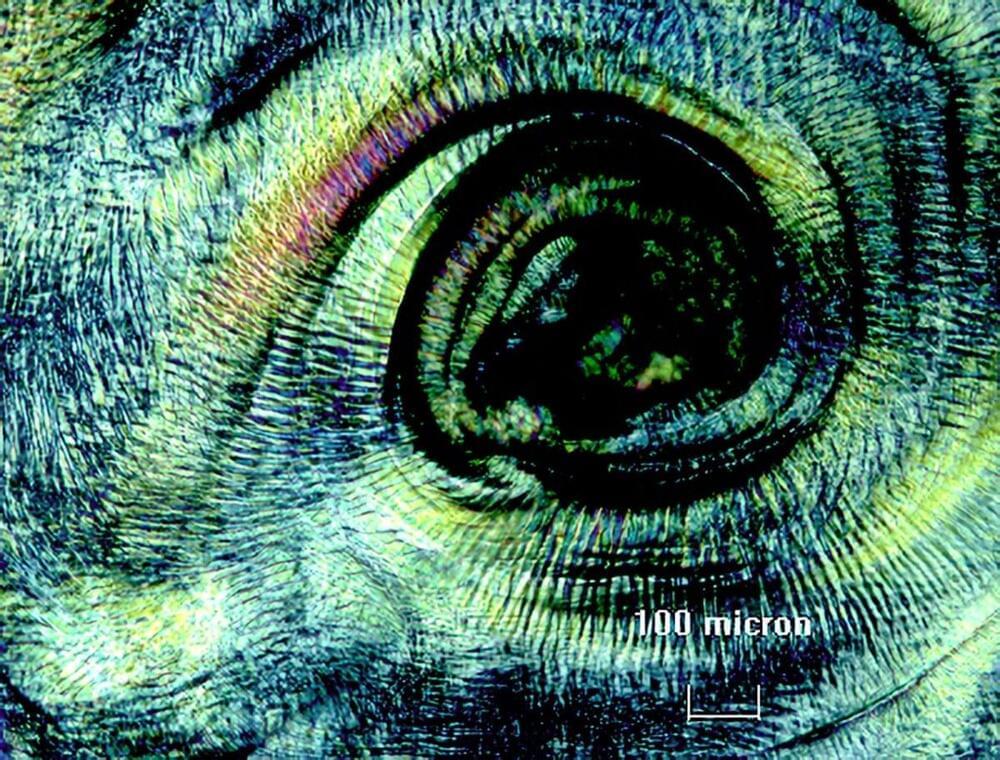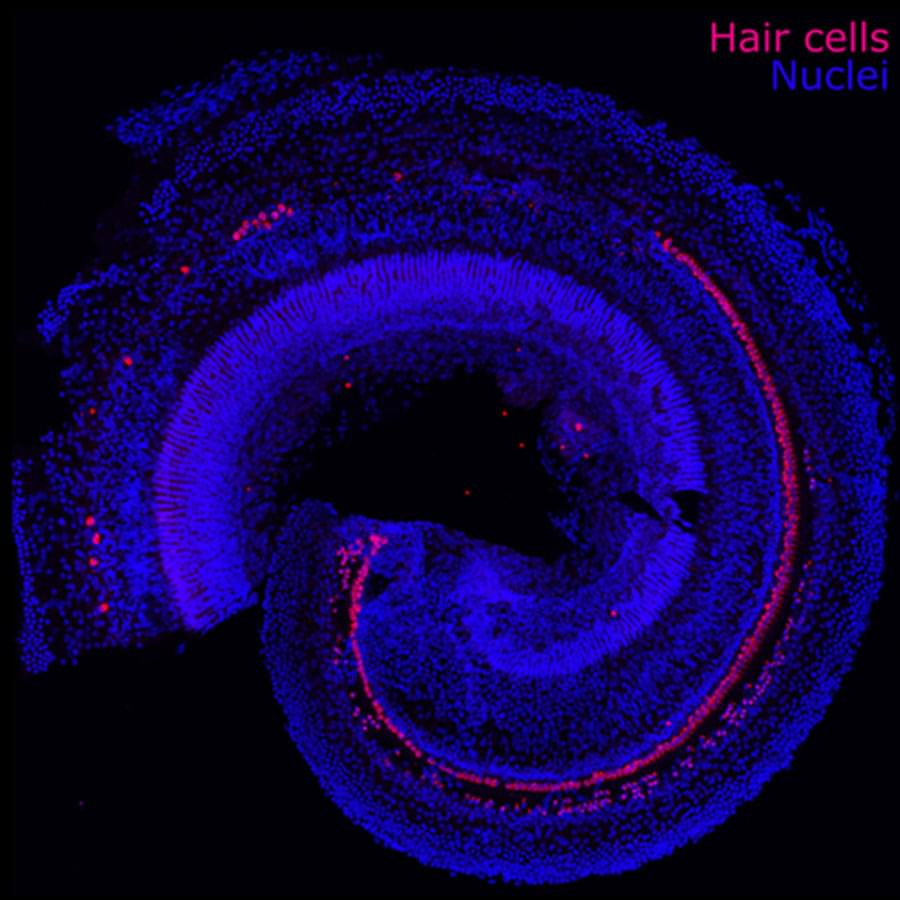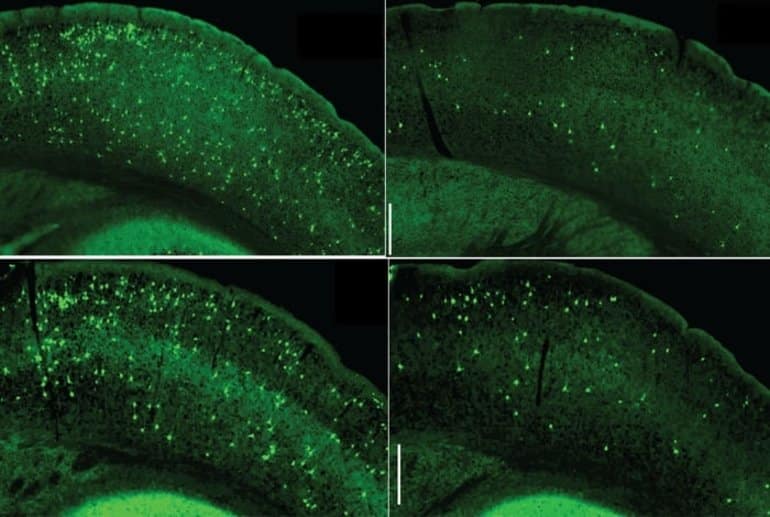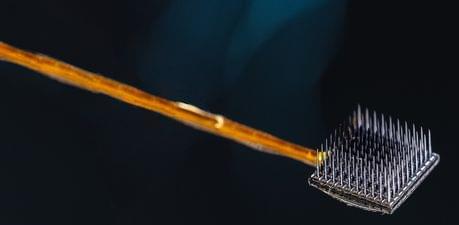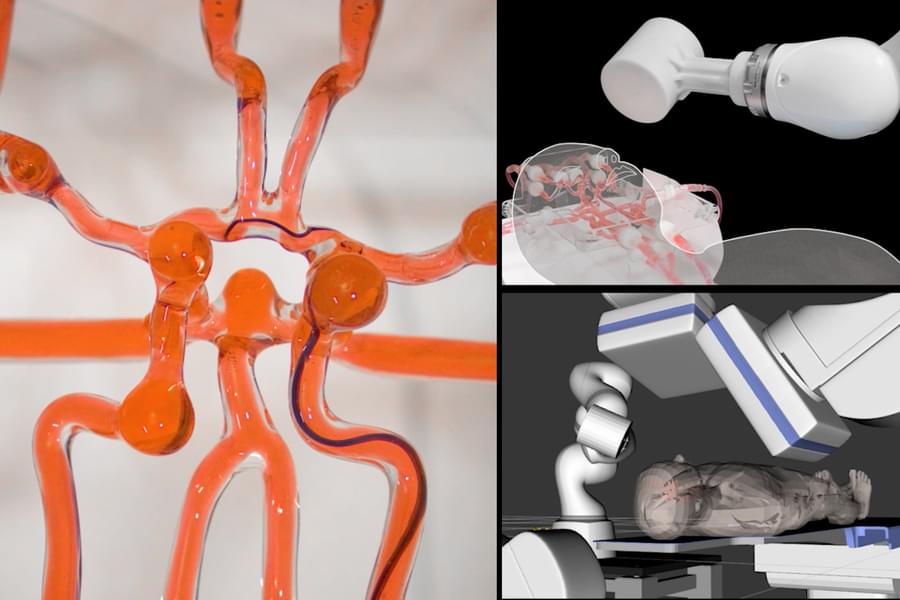Archive for the ‘biotech/medical’ category: Page 866
Apr 17, 2022
These upcoming cancer vaccines may prevent tumors before they appear
Posted by Paul Battista in category: biotech/medical
Therapies designed to increase T cell’s killing power and ability to target cancer after it appears have already been approved, and they can be quite successful at treating some cancers. (More recent work is recruiting another type of immune cell, the awesomely named natural killer cells, to fight cancer.)
Vaccines that prevent cancer caused by viruses, like hepatitis B and HPV, already exist, but the vast majority of cancers have other causes — inherited mutations, external causes (like smoking or UV exposure), or just random bad luck.
A vaccine against cancers caused by Lynch syndrome — an inherited disorder — will be among the first to test if a vaccine can stop nonviral cancers from appearing. The Lynch trial is among several looking to test a new generation of preventative cancer vaccines.
Apr 17, 2022
AGE Products Impact Lifespan: Impact Of Hyperglycemia, Kidney Function, And The Microbiome
Posted by Mike Lustgarten in categories: biotech/medical, life extension
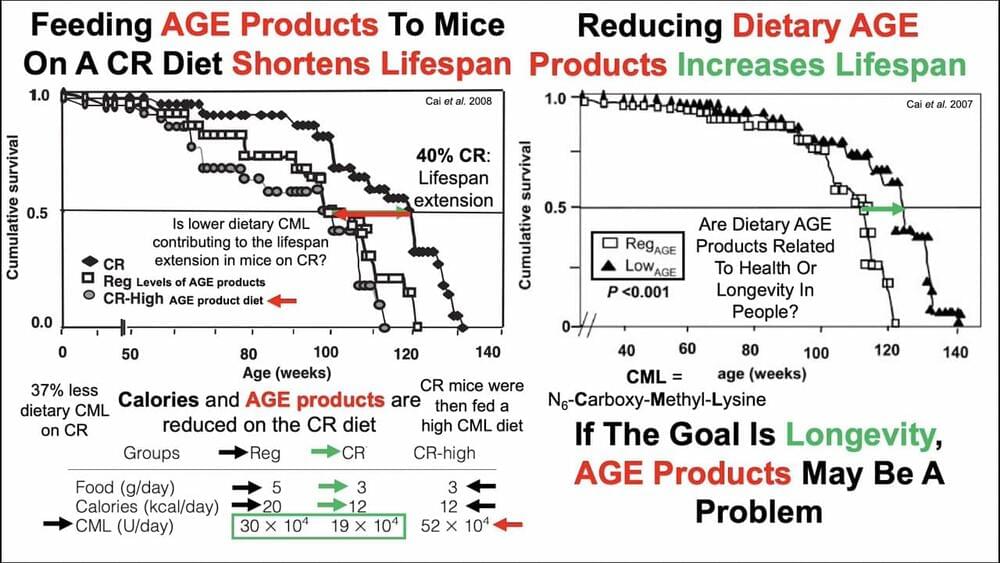
Join us on Patreon!
https://www.patreon.com/MichaelLustgartenPhD
Papers referenced in the video:
Oral glycotoxins determine the effects of calorie restriction on oxidant stress, age-related diseases, and lifespan.
https://pubmed.ncbi.nlm.nih.gov/18599606/
Apr 17, 2022
A Case Of Shrunken Brains: How Covid-19 May Damage Brain Cells
Posted by Jose Ruben Rodriguez Fuentes in categories: biotech/medical, neuroscience
Xrs PortalAuthor
Comparing brain volume before and after individuals were exposed to SARS-CoV-2, this study documents significant cortical gray matter loss, equivalent to nearly 10 years of aging.
Apr 16, 2022
Nanoclusters self-organize into centimeter-scale hierarchical assemblies
Posted by Shubham Ghosh Roy in categories: biotech/medical, nanotechnology
Nature may abhor a vacuum, but it sure loves structure. Complex, self-organized assemblies are found throughout the natural world, from double-helix DNA molecules to the photonic crystals that make butterfly wings so colorful and iridescent.
A Cornell-led project has created synthetic nanoclusters that can mimic this hierarchical self-assembly all the way from the nanometer to the centimeter scale, spanning seven orders of magnitude. The resulting synthetic thin films have the potential to serve as a model system for exploring biomimetic hierarchical systems and future advanced functions.
This image shows synthetic nanoparticles as they self-organize into filaments, then twist into cables, then bundle together into highly ordered bands, ultimately resulting in a thin film that is patterned at centimeter scales. (Image courtesy of the researchers)
Apr 16, 2022
Scientists Develop a Technology That Reverses Hearing Loss
Posted by Kelvin Dafiaghor in categories: biotech/medical, life extension
Founded by MIT scientists, the clinical-stage biotech company Frequency Therapeutics discovered a way to reverse hearing loss without hearing aids or implants. Focusing on progenitor cells (which reside in the inner ear and turn into hair cells when humans are in utero, before going dormant) the company injects small molecules into the cochlea, which transform these cells into hair cells that help us hear. During their 200-person trial, the company saw meaningful improvement in patients’ hearing, with some reporting improved speech perception after a single injection that lasted nearly two years. “I wouldn’t be surprised if, in 10 or 15 years, because of the resources being put into this space and the incredible science being done, we can get to the point where [reversing hearing loss] would be similar to Lasik surgery, where you’re in and out in an hour or two,” says Harvard-MIT Health Sciences and Technology affiliate faculty member Jeff Karp. While the drug still needs to undergo further testing, the breakthrough is a hopeful milestone for the field of regenerative medicine. Read more about it at SciTechDaily.
Apr 16, 2022
Key Signaling Pathway in Immune Cells Could Be New Alzheimer’s Target
Posted by Kelvin Dafiaghor in categories: biotech/medical, neuroscience
Summary: Tau-tangles trigger the inflammatory activation of microglia via the NF-κB pathway. Inhibiting the microglia NF-κB signaling pulled the immune cells out of their inflammatory state and reversed learning and memory problems in tau-based Alzheimer’s mouse models.
Source: Weill Cornell Medicine.
Inhibiting an important signaling pathway in brain-resident immune cells may calm brain inflammation and thereby slow the disease process in Alzheimer’s and some other neurodegenerative diseases, suggests a study by Weill Cornell Medicine investigators.
Apr 15, 2022
Metaverse: How Companies like Amazon Are Innovating With Unique Ways in The Virtual World
Posted by Shubham Ghosh Roy in categories: biotech/medical, evolution, virtual reality

This article has been sponsored by Amazon India.
M etaverse has been touted to be the next big thing to bring about a global evolution, not just in technology but in almost every sector.
Apr 15, 2022
Brain Implant Allows Completely Locked-In Patient To Communicate
Posted by Raphael Ramos in categories: biotech/medical, computing, neuroscience
A man left in a completely locked-in state by amyotrophic lateral sclerosis (ALS) has been able to communicate with his family and carers thanks to an implant. The device helped the patient, who was unable to move any muscles or even open his eyes, contact the outside world using only his brain activity.
Rapid neurodegeneration
In the last decade, combinations of brain implants and brain-computer interfaces (BCI) have enabled people with severe brain injuries or neurodegeneration to regain communicative ability. The new study, published in Nature Communications by an international research team, is the first to be used successfully in a patient with such severe neurodegeneration.
Apr 15, 2022
The Morning After: MIT engineers’ stroke-surgery robot
Posted by Dan Kummer in categories: biotech/medical, robotics/AI
Don’t worry, yes, there are even more Musk machinations, but first let’s broach something a little different — and possibly lifesaving. A team of MIT engineers is developing a telerobotic system for neurosurgeons. It unveiled a robotic arm that doctors can control remotely using a modified joystick to treat stroke patients.
The arm has a magnet attached to its wrist, and surgeons can adjust its orientation to guide a magnetic wire through the patient’s arteries and vessels to remove blood clots in the brain. Like in-person procedures, surgeons will have to rely on live imaging to get to the blood clot, but the machine means they don’t have to be physically with the patient.
There’s a critical time window after someone suffers a stroke to ensure the best chance of recovery. The robot could make treatment possible even if a neurosurgeon is miles away.

